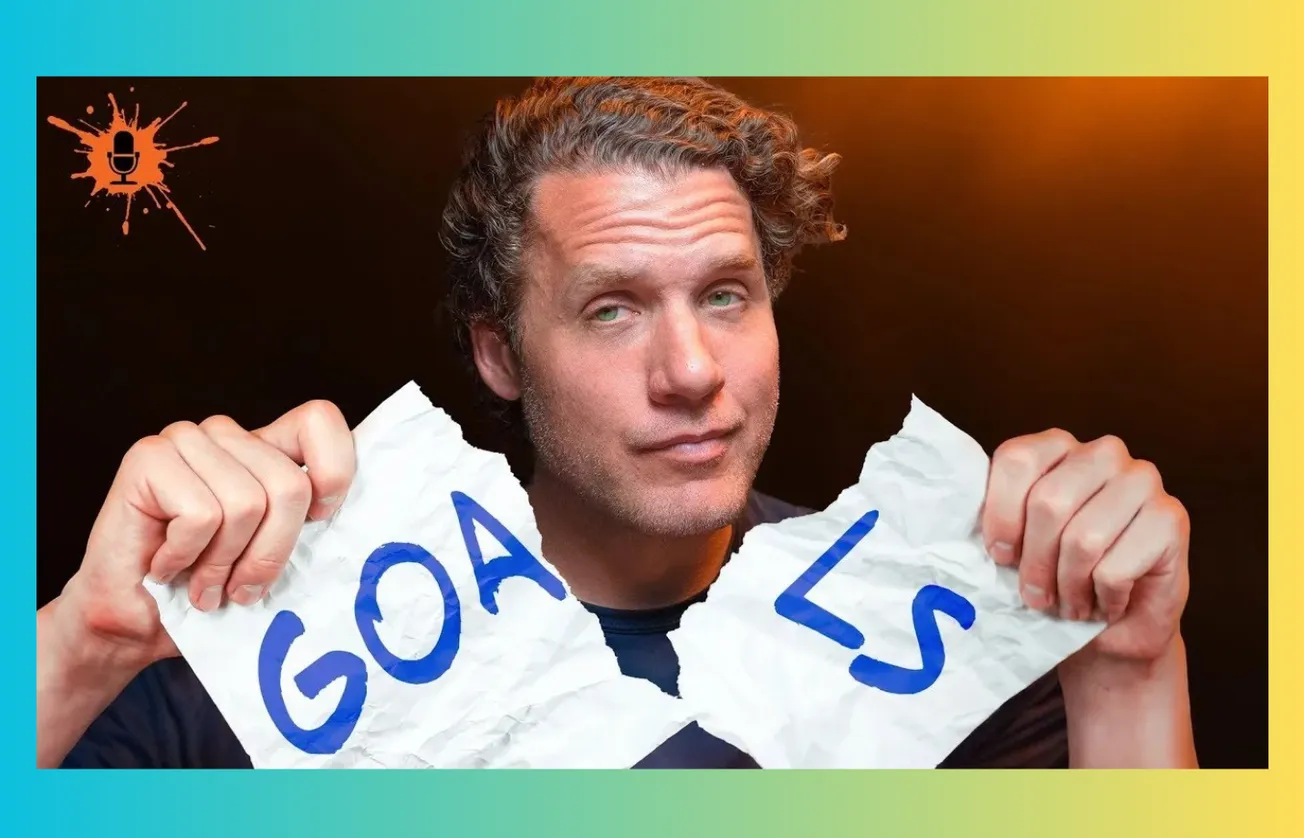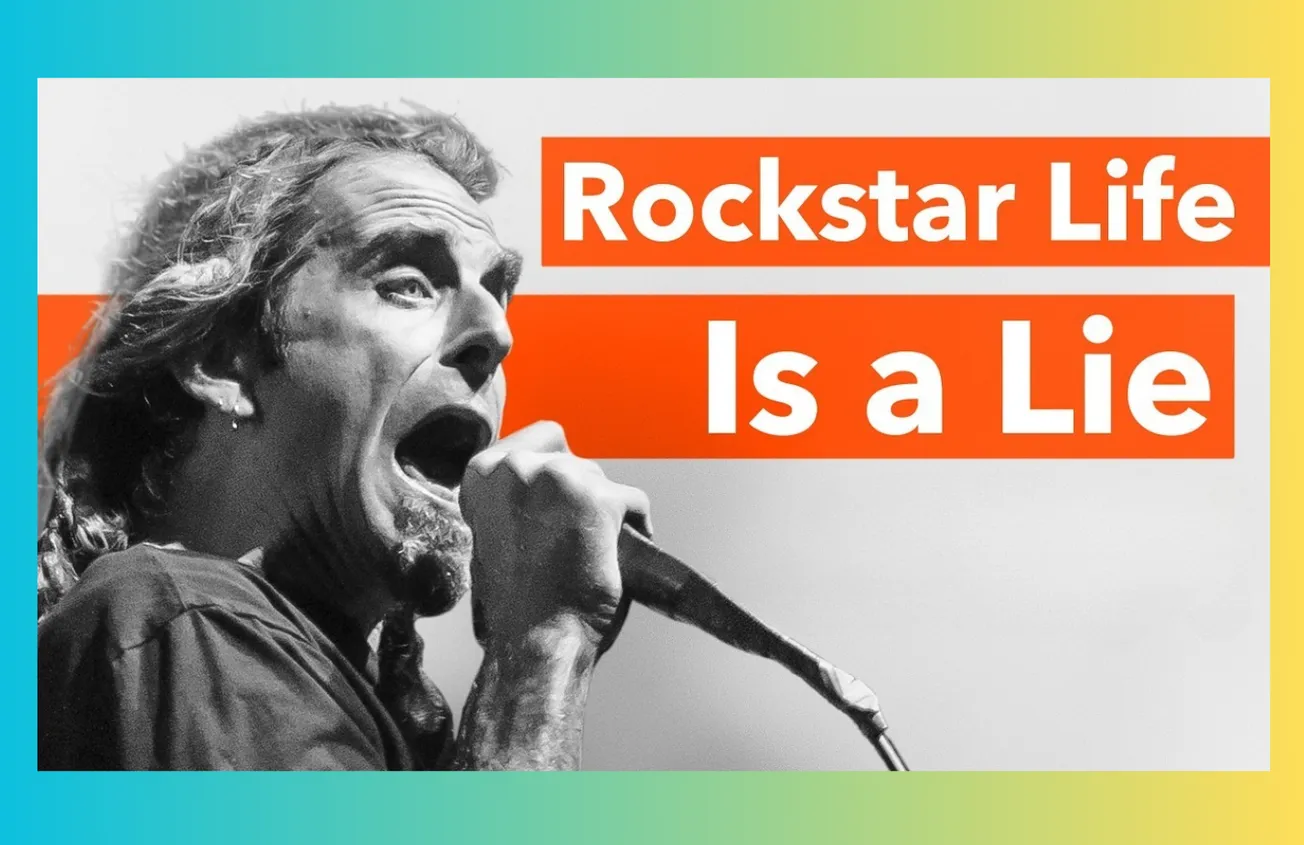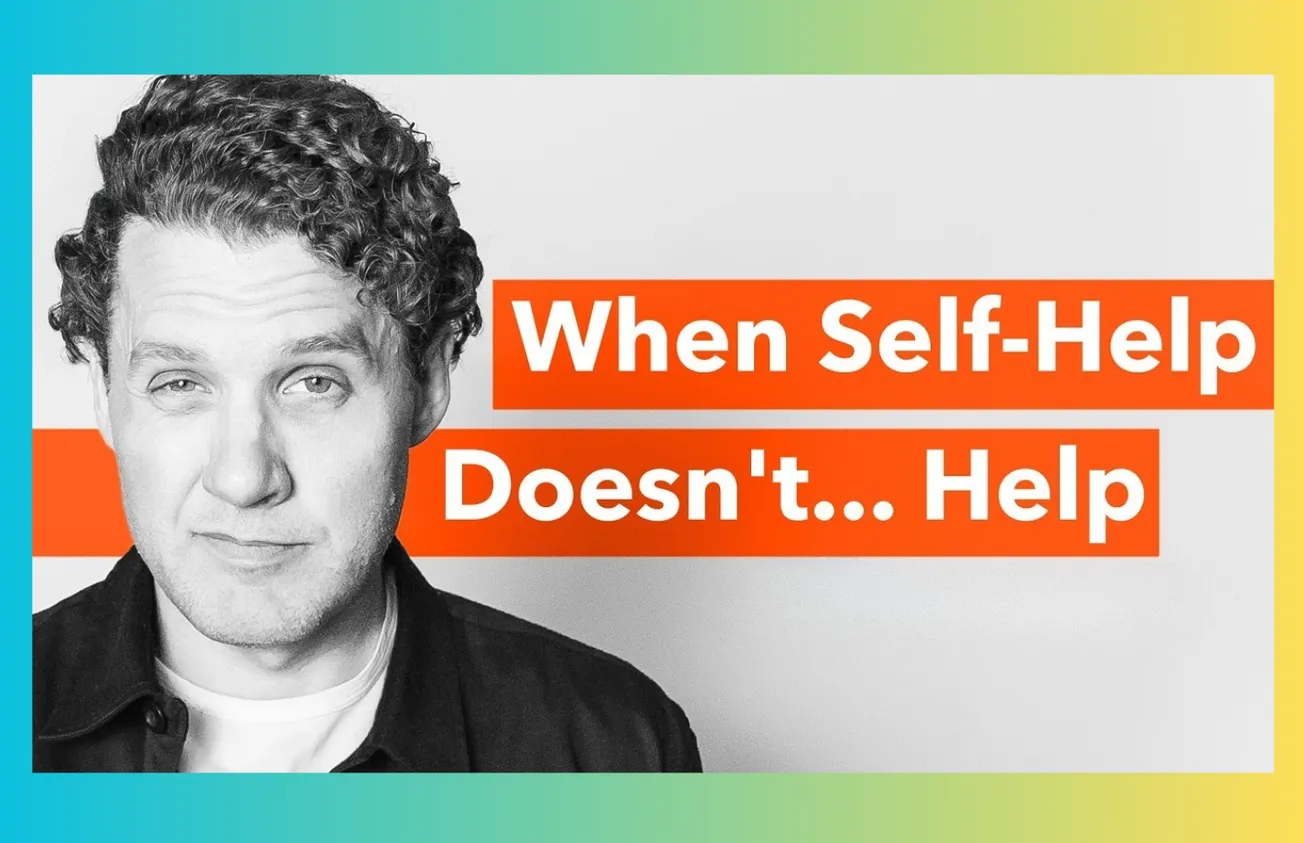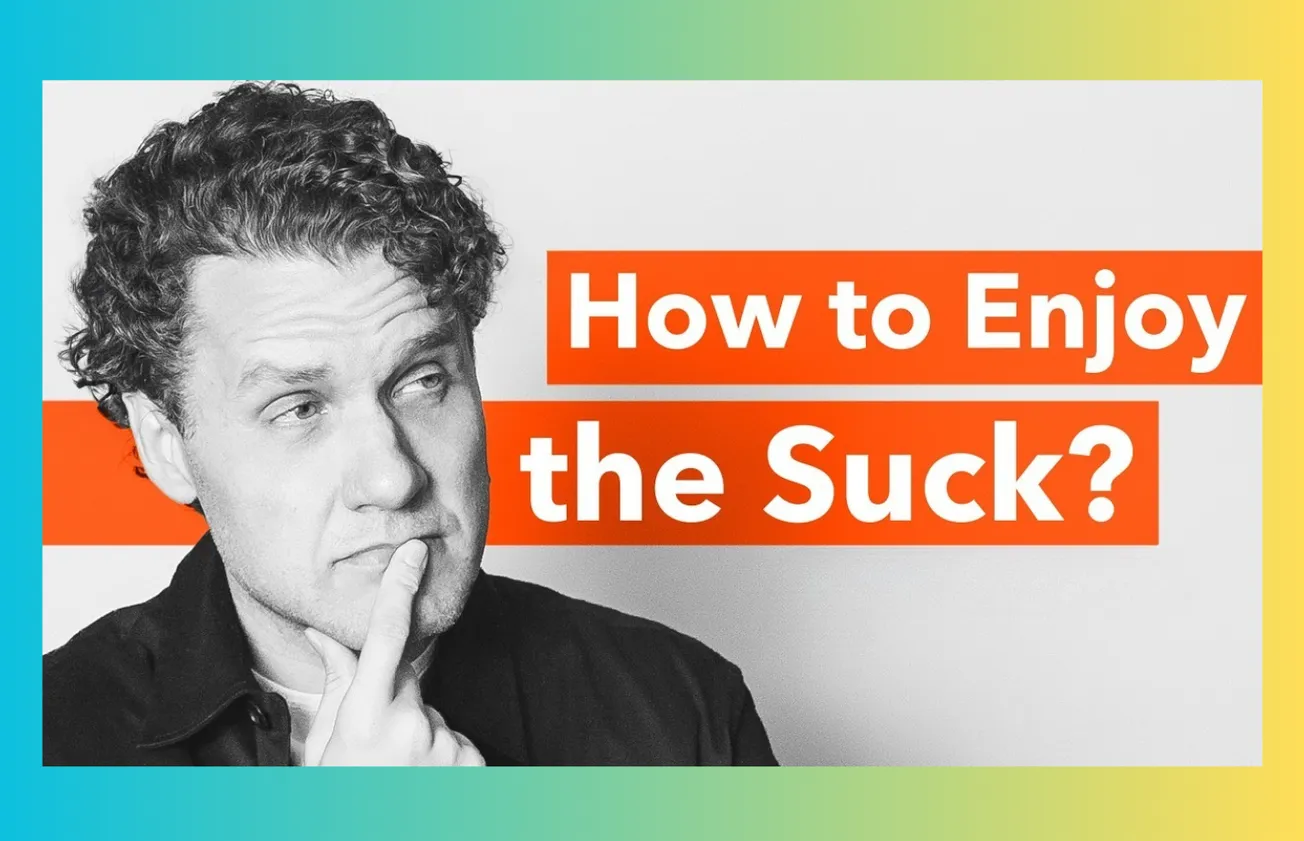Table of Contents
Not every goal deserves your grit. In this breakdown of hard lessons, data, and deep reflection, Mark Manson explores why quitting—when done with intention—can actually be the most courageous and constructive path forward.
Key Takeaways
- Sticking with a goal is only valuable if it still aligns with your values.
- Pain and struggle aren’t always signs of growth; sometimes they’re red flags.
- Quitting isn’t failure when it makes room for better priorities.
- Tracking, reflection, and small wins matter more than raw effort.
- Misaligned goals become self-sabotage when clung to for ego or image.
- Quitting helps refine identity—who you are without the noise of false pursuits.
- Letting go is often the only way to move closer to truth, health, and meaning.
The Marathon That Wasn't: A Personal Story About Letting Go
- Mark Manson set out to run a marathon before turning 40. But just six weeks in, he pulled the plug.
- He was dealing with chronic hip pain, increasing resentment over training time, and the sobering realization: he simply didn’t enjoy distance running.
- “I was clinging to a goal that made my life worse.”
- The initial fear of quitting—looking weak or undisciplined—was quickly replaced by a deeper sense of freedom.
- Instead of pushing forward for the sake of pride, he pivoted toward longevity-based fitness: lifting, flexibility, and sustainable routines.
- “You don’t owe your goals anything. They’re here to serve you—not the other way around.”
Slow Progress, Smarter Goals: Drew’s Sleep Evolution
- Drew focused on a deceptively simple goal: better sleep. No medals. No leaderboard. Just consistent rest.
- He swapped out caffeine, late-night screens, and heavy workouts after 6 p.m.
- Using sleep tracking apps, he watched his quality scores improve gradually from the 60s to the mid-80s.
- More important than the data was the discipline. He built bedtime rituals. He protected wind-down time.
- Along the way, Drew learned that better sleep wasn’t a task—it was a system.
- “The day after five hours of sleep, I’m a ghost. So why treat it like an afterthought?”
What 1,400 People Taught Us About Sticking or Quitting
- In a six-month survey experiment, 1,400 readers set goals. Only 300 followed up.
- Of the repliers, 78% claimed to still pursue their goal. But self-selection bias suggests these were the more successful or motivated participants.
- Still, 60% of those who quit said they didn’t regret it. That’s not failure. That’s discernment.
- The most frequently cited tools for progress? Tracking (by far), followed by journaling, accountability partners, coaching, and self-reflection.
- Surprisingly, many people said that just trying the goal changed them. Even partial completion revealed misalignments or unlocked curiosity.
- Top goal types: physical health, mental clarity, career shifts, and creativity (e.g., write a novel, learn to code, launch a podcast).
When You Should Absolutely Quit
- The goal pushes you further from your values.
- You’re doing it for approval—not fulfillment.
- The cost (emotional, physical, relational) now far exceeds the benefit.
- Your identity depends on “not being a quitter,” even when quitting is healthier.
- You’re distracting yourself with busy goals instead of solving root problems.
- The goal once inspired you—but now it drains you.
- Mark: “Nobody’s handing out points for suffering. Stop treating your misery like currency.”
The Psychological Traps of Hustle Culture
- Modern culture over-glorifies persistence. But sticking with the wrong thing is not strength—it’s stubbornness.
- In high-stakes communities, goals mutate into performance metrics. People cheat reps at CrossFit. They log books they didn’t finish. Why? Optics.
- We romanticize Everest, Ironmans, and ultra-marathons. But for many, these are coping mechanisms—disguised as discipline.
- Some chase challenge not for growth, but for identity: to prove they’re worthy, tough, or impressive.
- But when we pursue goals from scarcity, even success feels empty. Because it was never about the finish line.
- The healthiest people aren’t addicted to finishing—they’re skilled at redirecting.
How to Set Goals That Actually Work
- Use domains: Mark recommends keeping one active goal for each area of life—Health, Career, and Self.
- Don’t fixate on outcomes. Design processes. “Write every morning” is better than “publish bestseller.”
- Define values first. Then set goals that reflect those values. Otherwise, the achievement will feel hollow.
- Use friction intentionally. Make bad habits harder and good habits easier.
- Review weekly. Adjust monthly. Quit goals quarterly if they no longer serve.
- “Your goal isn’t a brand. It’s a tool. Use it while it’s sharp. Toss it when it’s dull.”
Letting Go to Level Up
- Quitting is a skill. And like all skills, it improves with practice and reflection.
- The fear of quitting often masks a deeper fear: Who am I without this pursuit?
- But clarity lives beyond ego. The moment you quit for the right reasons, life recalibrates.
- You regain time. Energy. Direction. You replace self-judgment with self-trust.
- And maybe, most importantly: you start choosing goals that heal instead of hurt.
Goals aren’t trophies. They’re temporary frameworks to stretch, test, and reveal who you’re becoming. If your goals no longer teach, inspire, or align—walk away. That’s not failure. That’s evolution.









